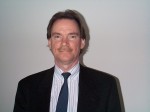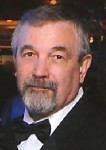Session Type: Pre Convention Workshop
Location
Location: Convention CenterRoom Number: 151A
Available Dates & Times
Description
Increasingly, electrical service providers are relying upon live work practices and procedures and while performing live work, the responsibility lies with the employer to ensure that minimum approach distances are met. This workshop will focus on the various types of live work and why it is often preferred; the new OSHA values for minimum approach distances and its components; and how senior engineers and operations managers can navigate this new landscape. This session is brought to you by Northeast Live-line.
FEE: $125
Speakers
-

David Wallis
David Wallis is the Director of the Office of Engineering Safety and directs the development of electrical and mechanical standards for OSHA. Mr. Wallis has been writing electrical standards for over 30 years. He holds a B.E. in Electrical Engineering from Stevens Institute of Technology and has taken graduate level courses in electrical power engineering at the University of Southern California. He is currently a member of American Society of Testing and Materials Committee F18 on Electrical Standards for Workers and a member of the Work Rules Subcommittee of the National Electrical Safety Code. He is past Chairman of ASTM Subcommittee F18.60 on Terminology and F18.93 on National/International Standards. He is the primary author of ‘1910.137, Electrical Protective Equipment, and ‘1910.269, Electric Power Generation, Transmission, and Distribution.
-

George Gela
George Gela, Ph.D., P.Eng., is an Adjunct Professor at the Western New England University where he teaches graduate and undergraduate courses in electric power systems, power electronics and renewable power. He also serves as Vice President of Engineering at Omadatech and CatalystAviation, two successful start-up companies, where he is responsible for engineering work related to aerial inspection and condition assessment of transmission towers and other structures. Prior to joining WNE, he devoted 24 years to research and testing in the areas of live-line maintenance, high-voltage AC and DC, corona, manhole events, line inspection, and lightning and switching impulse testing at the EPRI-Lenox High Voltage Laboratory in Lenox, MA, which was initially built by GE in 1958 on donated to EPRI in 1986. He also taught graduate and undergraduate courses in electrical engineering at The Ohio State University, Columbus, Ohio, and worked as a researcher at Trench Electric, manufacturer of high-voltage equipment in Toronto, Canada. George obtained B.A. Sc., M.A. Sc. and Ph.D. degrees in Electrical Engineering from the University of Toronto in Toronto, Ontario, Canada. He is a Member of IEEE and CIGRÉ, and has served as International Chairman of Technical Committee 78 “Live working” of the IEC since 1995.
